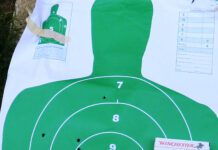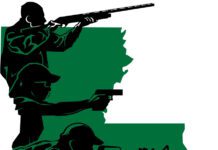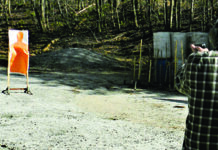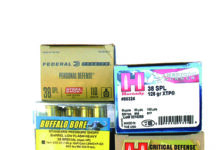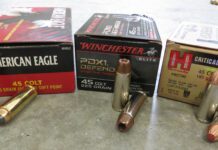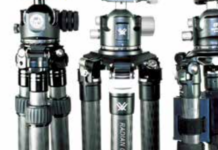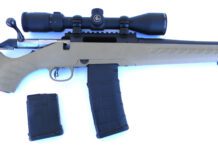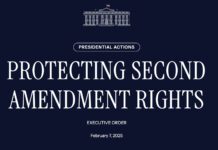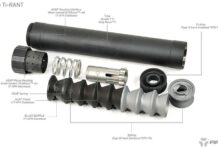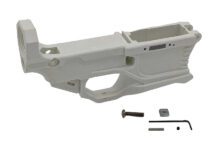In early August, the NRAs Institute for Legislative Action released a substantial explanation of how the Federal Deposit Insurance Corporation (FDIC) had recently disavowed its list of so-called high risk merchant categories, which had come to light as part of a Department of Justice program called Operation Choke Point. We reported on that effort to restrict financial services for firearms and ammunition business in the July issue.
According to NRA-ILA, the FDIC released a new Financial Institution Letter purportedly aimed at clarifying its supervisory approach to institutions establishing account relationships with third-party payment processors (TPPPs). That was an attempt to walk back another Financial Institution Letter from 2011, which included a list of so-called high risk merchant categories for which banks servicing TPPPs were instructed to be on alert. The risky activities, according to FDIC, included firearm and ammunition sales. The regulators, of course, could not plausibly portray firearm or ammunition sales as inherently fraudulent in the same manner as other activities on the list, such as Ponzi schemes. Nevertheless, they claimed the activities posed reputational risk to the banks because some people consider them personally or politically objectionable, NRA-ILA said.
According to a report by the House Oversight and Government Reform Committee, the Department of Justice (DOJ) then launched Operation Choke Point to increase regulatory scrutiny of banks doing business with merchants on the list. The banks, fearing compliance costs and bad publicity that could arise from DOJ investigations, in turn began denying or severing business relationships with customers in the listed industries. As a result, a number of firearm-related businesses lost or were denied access to credit, without regard to their individual creditworthiness or financial performance.
An FDIC spokesman publicly blamed misunderstandings and misinterpretations for the explanatory warning list, and said the agency never meant to prevent banks from conducting transactions or providing services to the types of businesses on its list.
Sorry, I dont believe a word of that. There were not misunderstandings or misinterpretations in what was happening. Operation Choke Point attacked gun businesses because the administration perceives gun owners to be political opponents. On pure party affiliation, thats wrong – plenty of Gun Tests readers align politically with the president – but we stick together on opposing new gun laws.
In Fast and Furious, DOJ/BATFE forced FFLs to play along and supply guns to known criminals. In Choke Point, DOJ/FDIC used regulatory threats to nudge financial firms into drying up funds for gun-related businesses.
What will be the next gun-related area to come under heightened federal scrutiny and enhanced regulation? My bet is well find out right after the congressional midterms in November. GT


